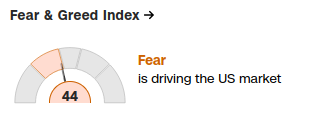In all its bloody triumphs over the self-sacrificing champions of a new and better society, that nefarious civilization, based upon the enslavement of labor, drowns the moans of its victims in a hue-and-cry of calumny, reverberated by a world-wide echo. The serene working men’s Paris of the Commune is suddenly changed into a pandemonium by the bloodhounds of “order.”
And what does this tremendous change prove to the bourgeois mind of all countries? Why, that the Commune has conspired against civilization! The Paris people die enthusiastically for the Commune in numbers unequally in any battle known to history. What does that prove? Why, that the Commune was not the people’s own government but the usurpation of a handful of criminals! The women of Paris joyfully give up their lives at the barricades and on the place of execution. What does this prove? Why, that the demon of the Commune has changed them into Megaera and Hecates!
The moderation of the Commune during the two months of undisputed sway is equalled only by the heroism of its defence.
What does that prove? Why, that for months the Commune carefully hid, under a mask of moderation and humanity, the bloodthirstiness of its fiendish instincts to be let loose in the hour of its agony!
The working men’s Paris, in the act of its heroic self-holocaust, involved in its flames buildings and monuments. While tearing to pieces the living body of the proletariat, its rulers must no longer expect to return triumphantly into the intact architecture of their abodes. The government of Versailles cries, “Incendiarism!” and whispers this cue to all its agents, down to the remotest hamlet, to hunt up its enemies everywhere as suspect of professional incendiarism. The bourgeoisie of the whole world, which looks complacently upon the wholesale massacre after the battle, is convulsed by horror at the desecration of brick and mortar!


Gotta remember to come back in 8 hours lol. This might be a fun experiment, since basically every corporate social media wants to be tiktok already.